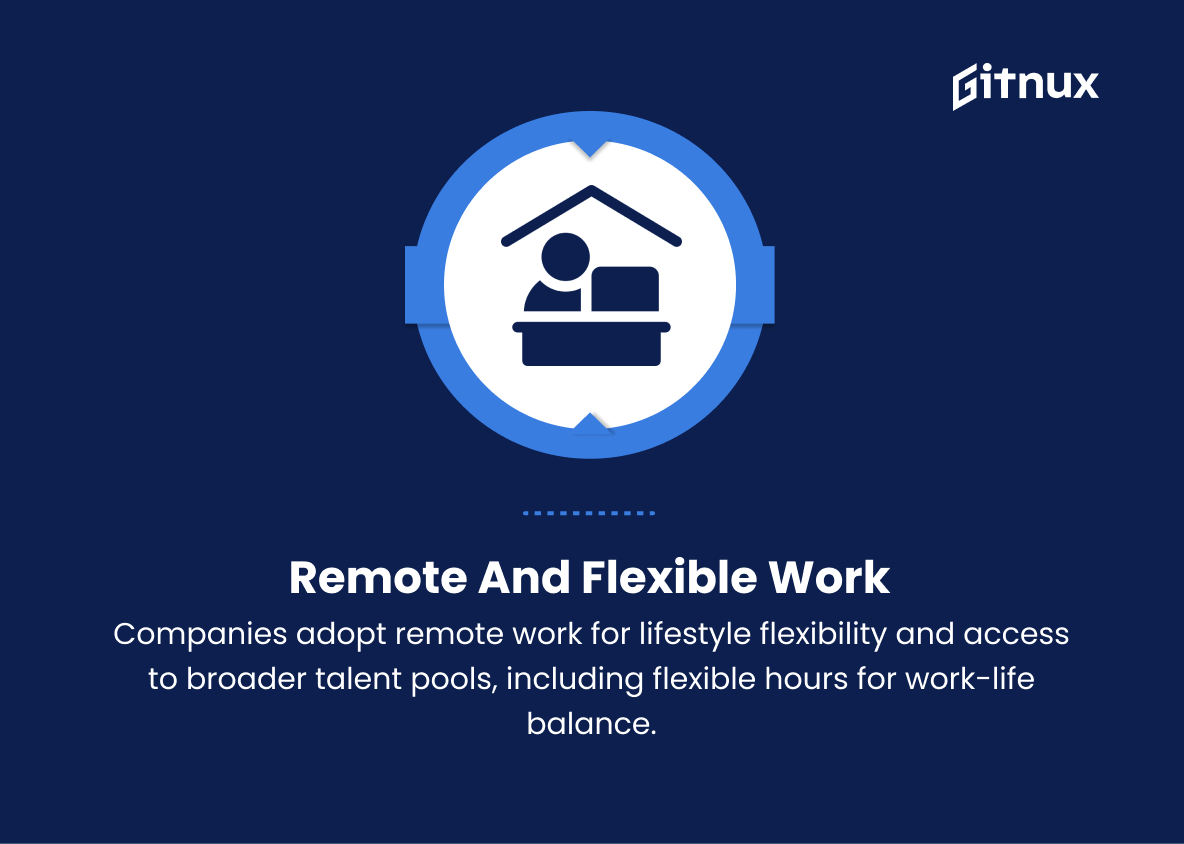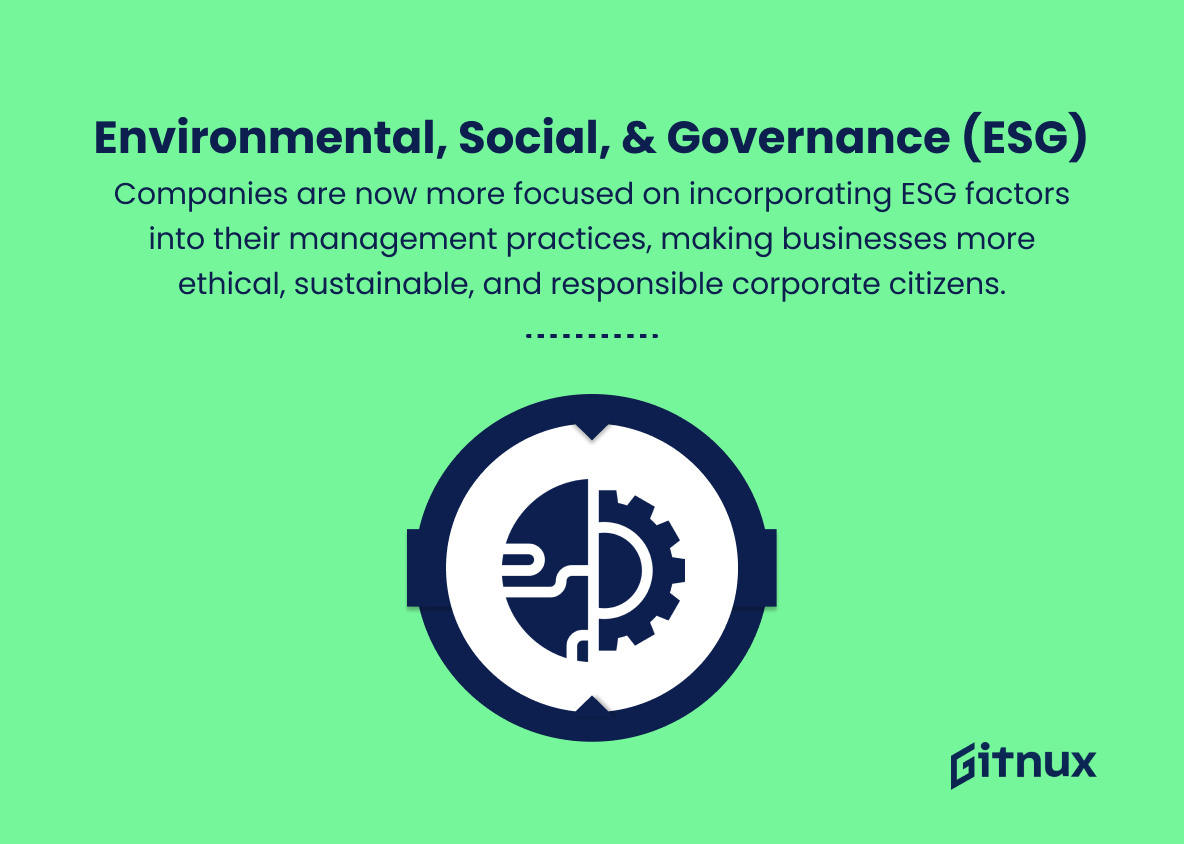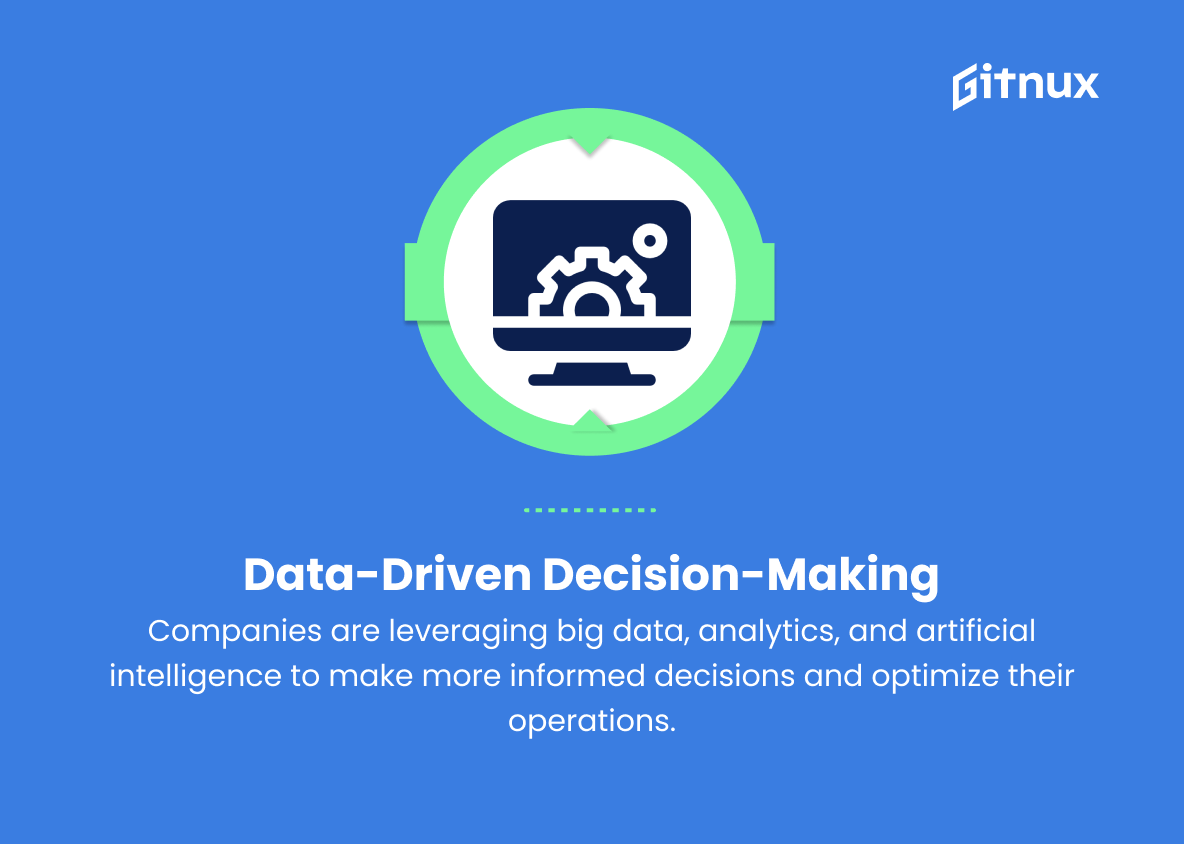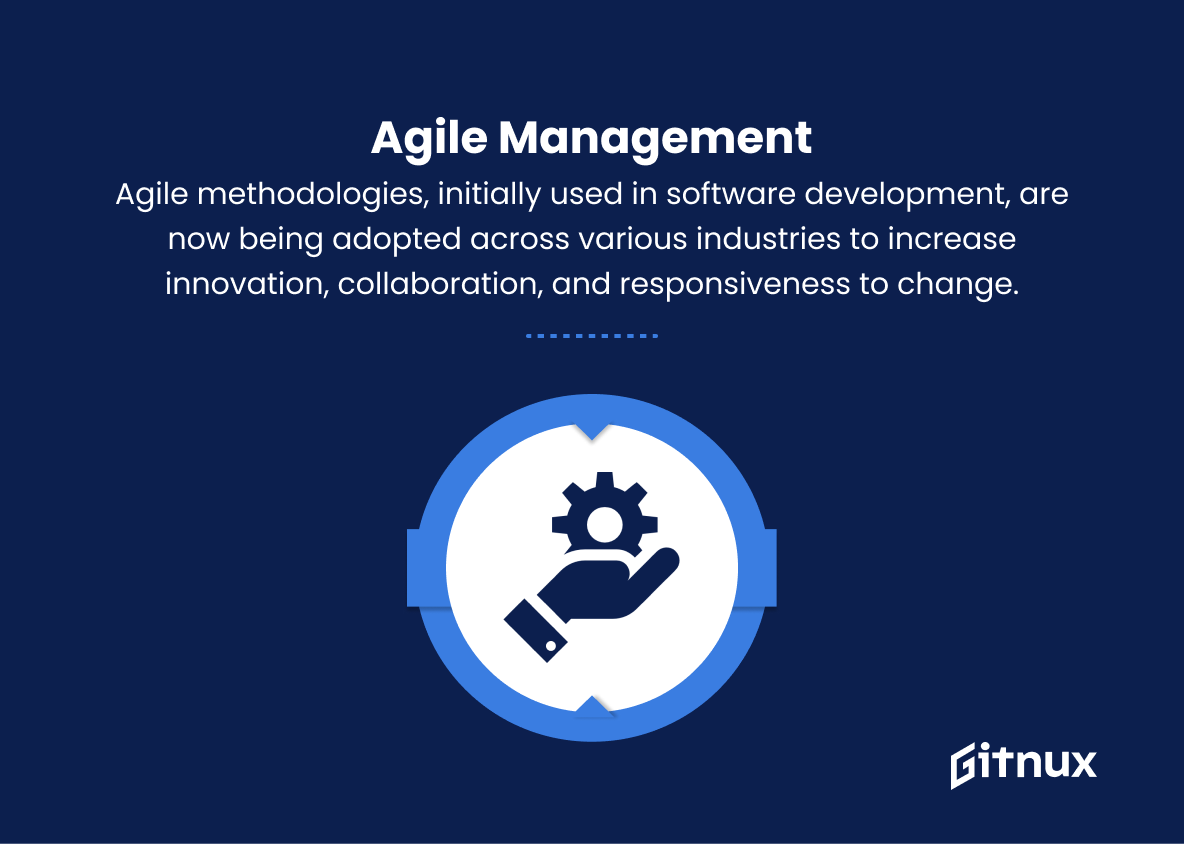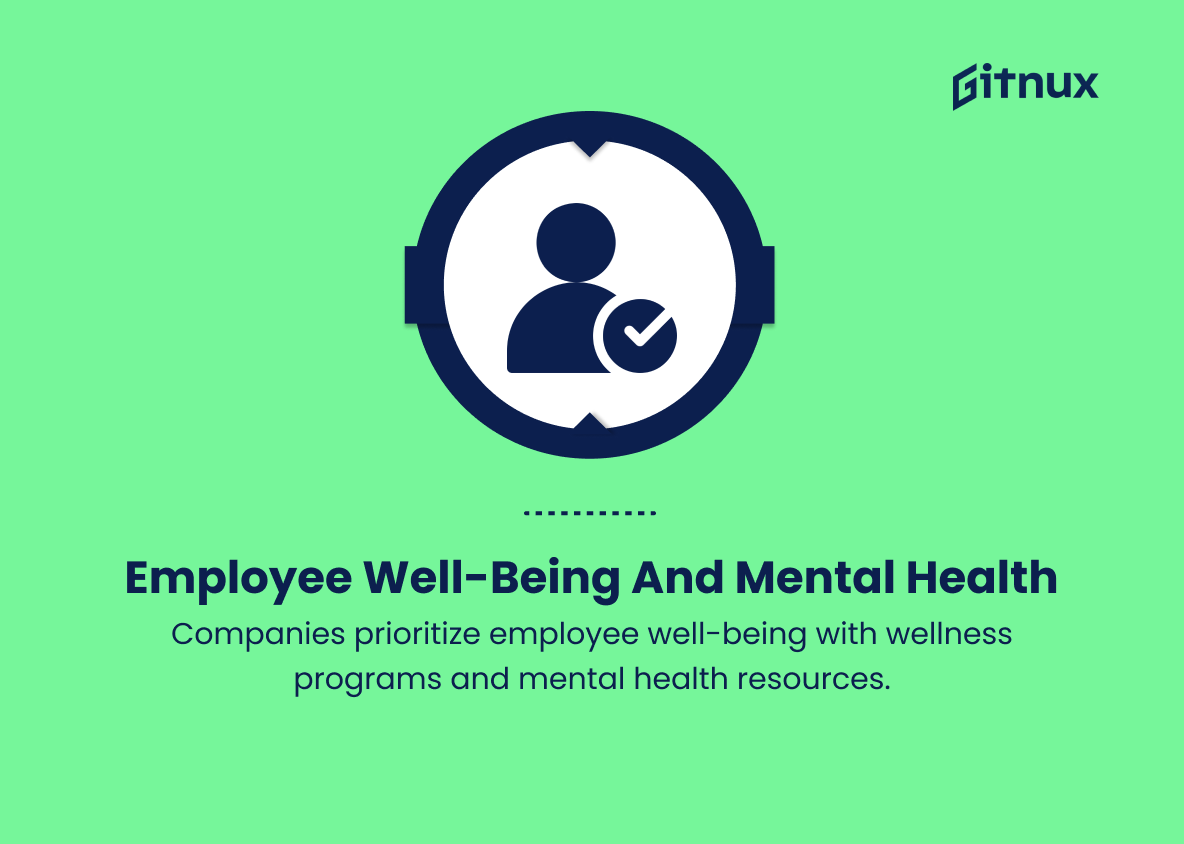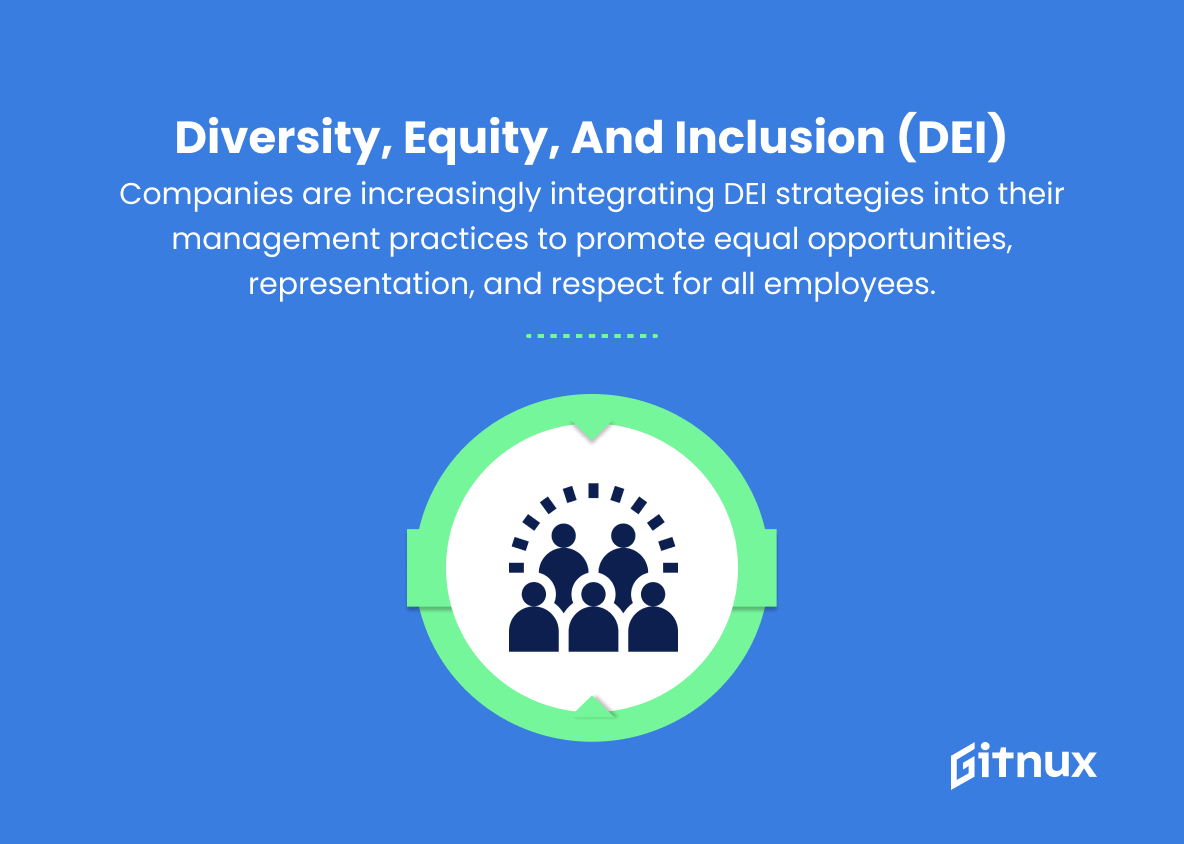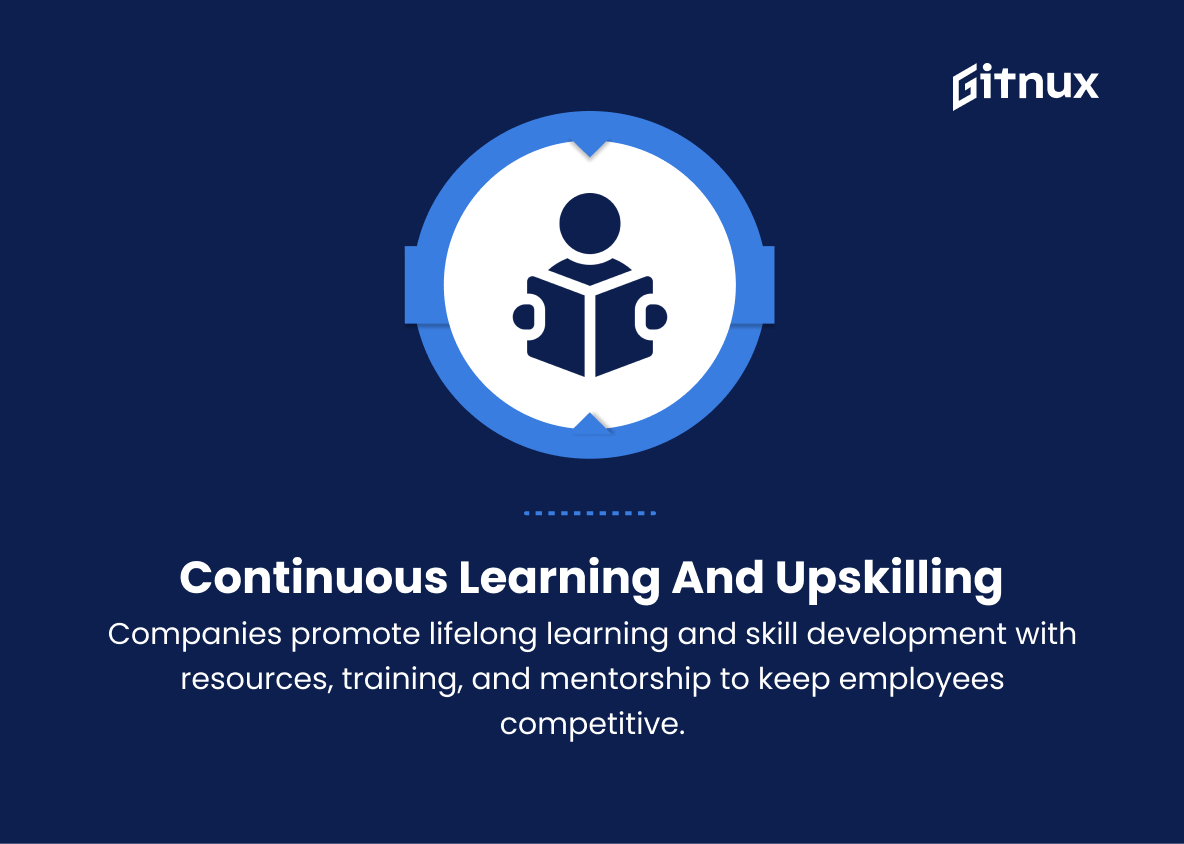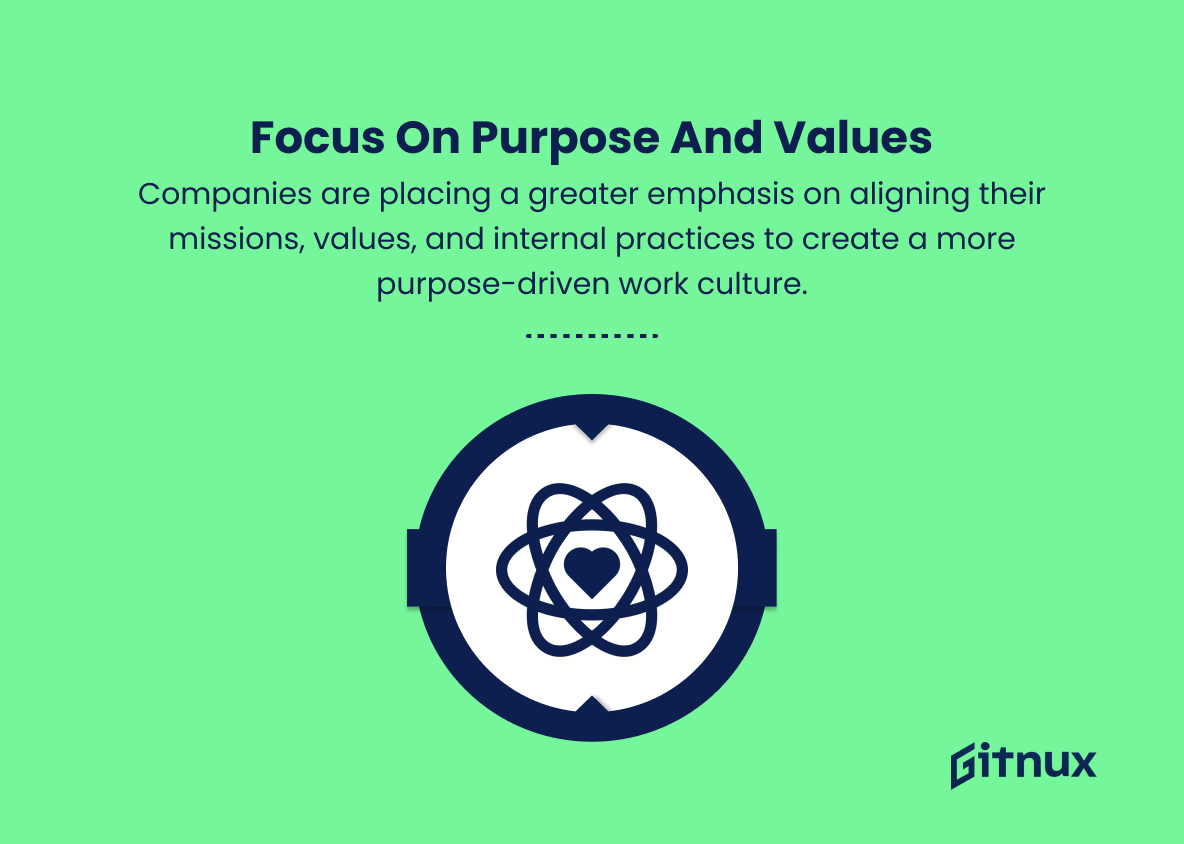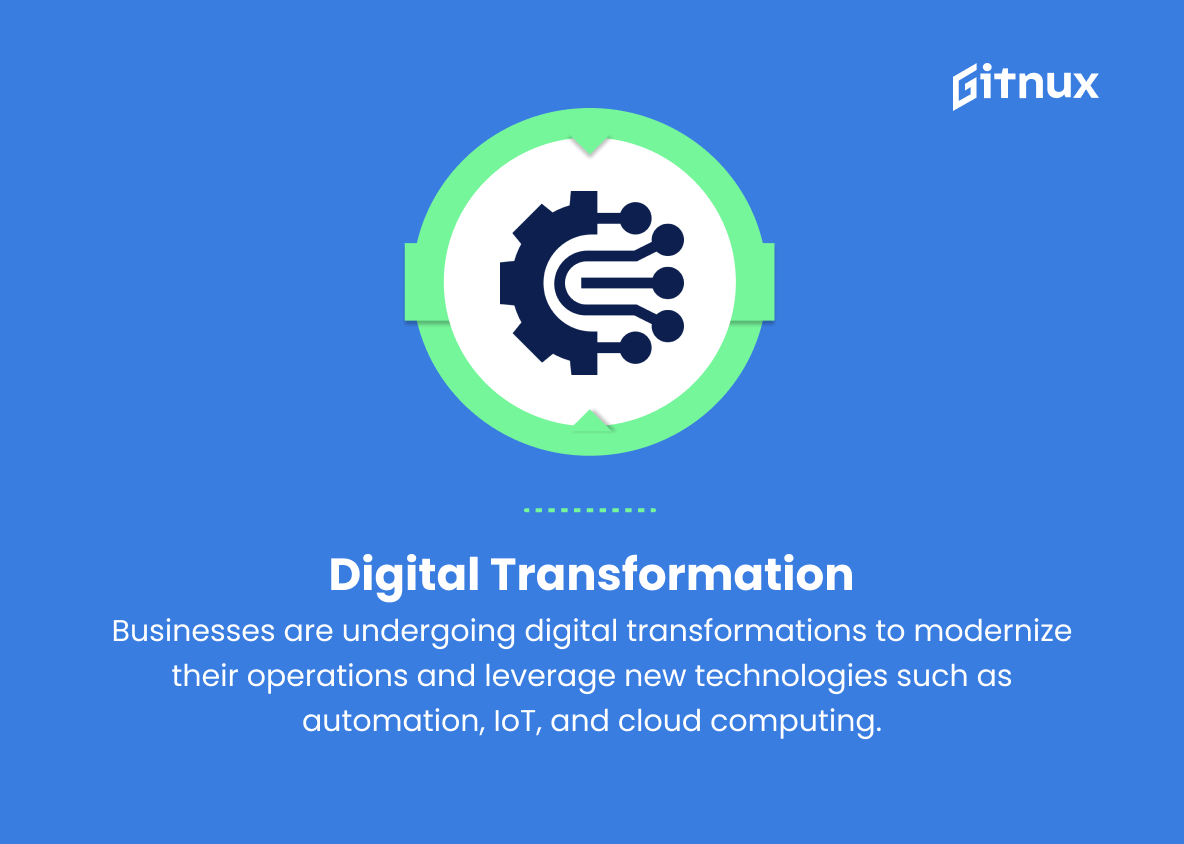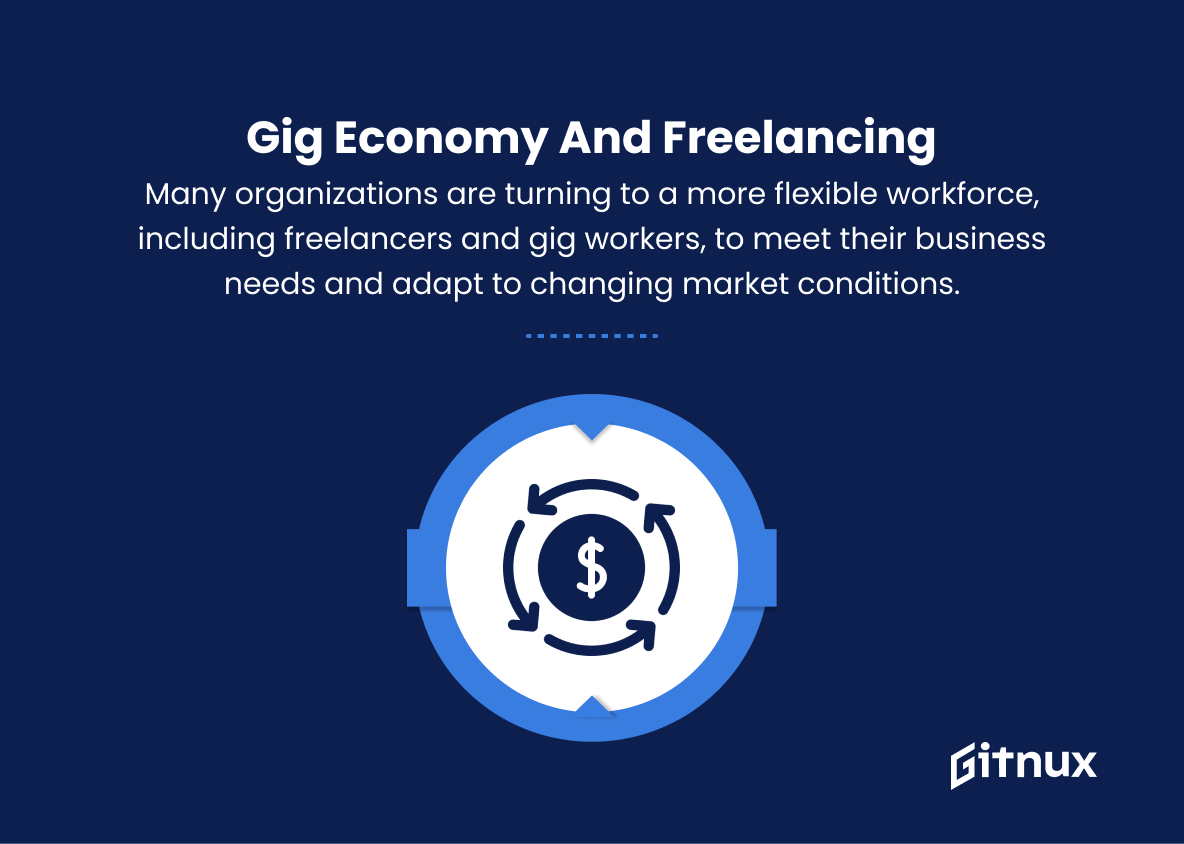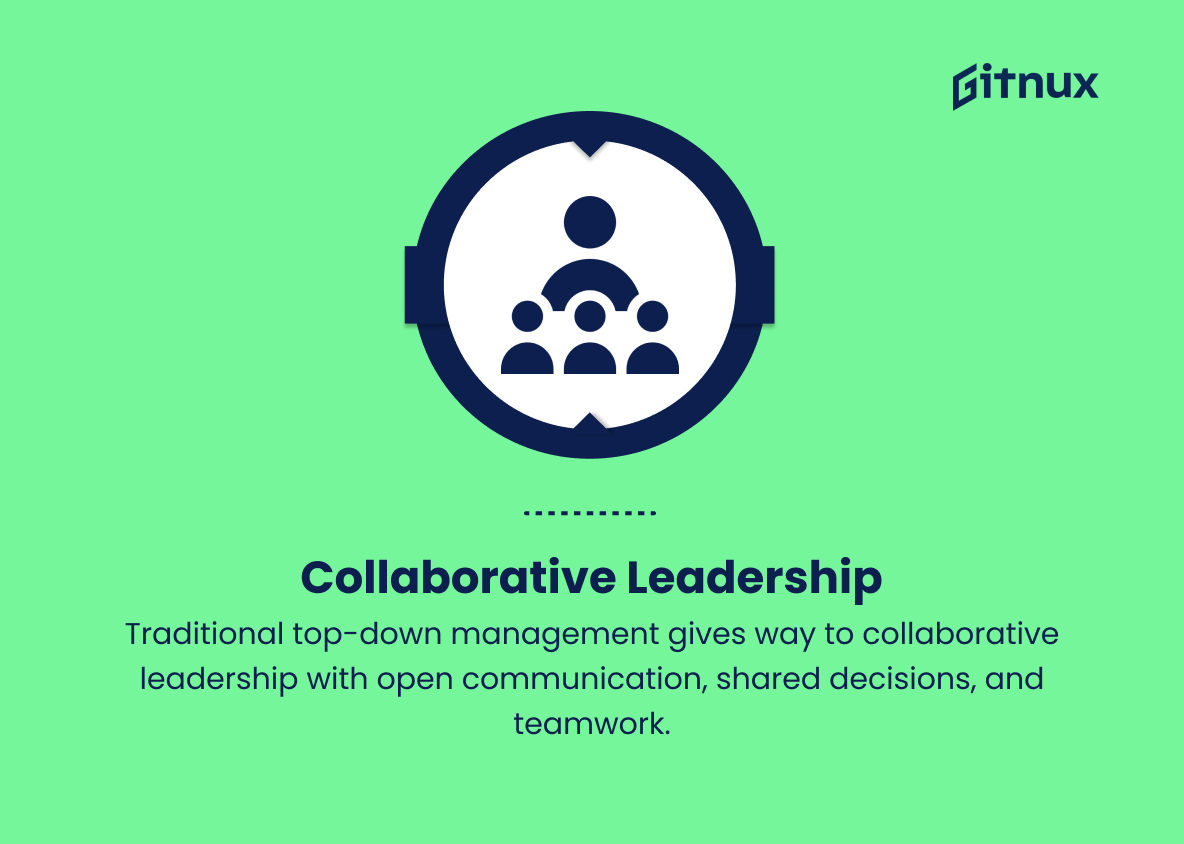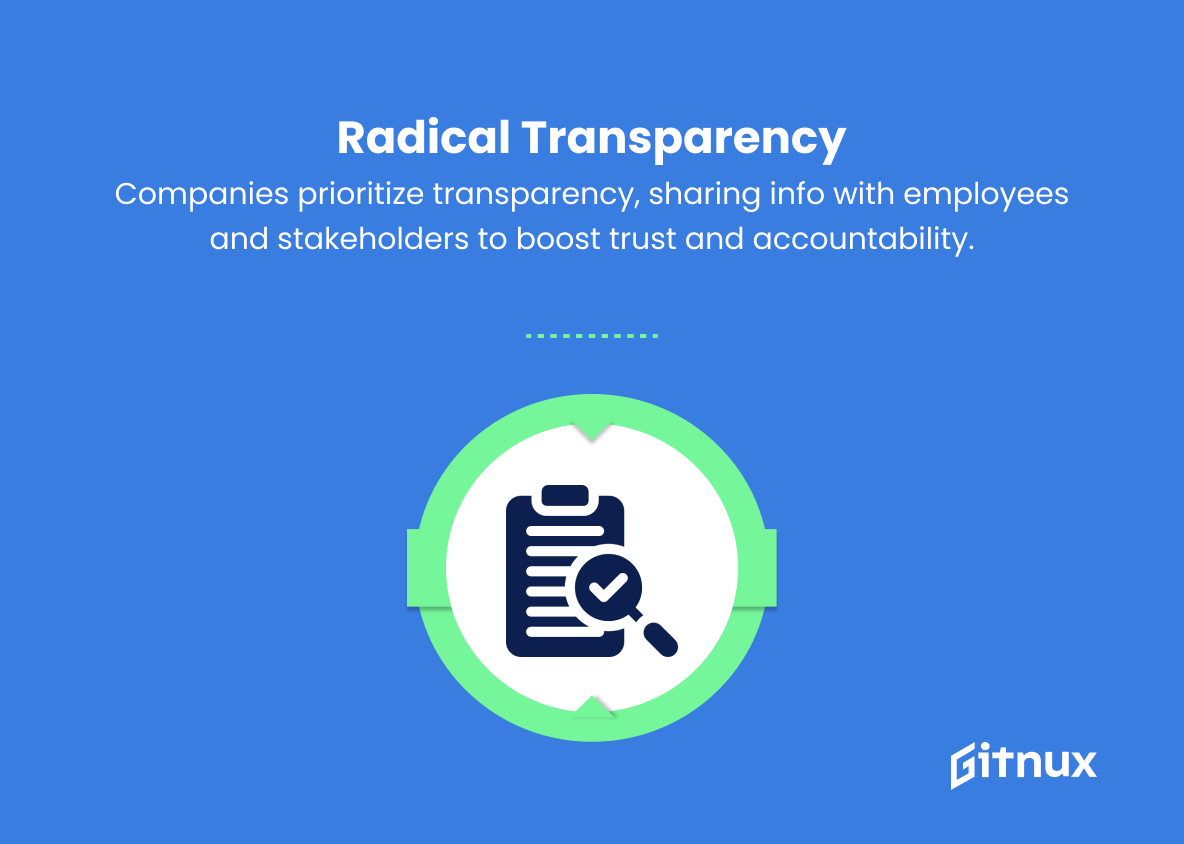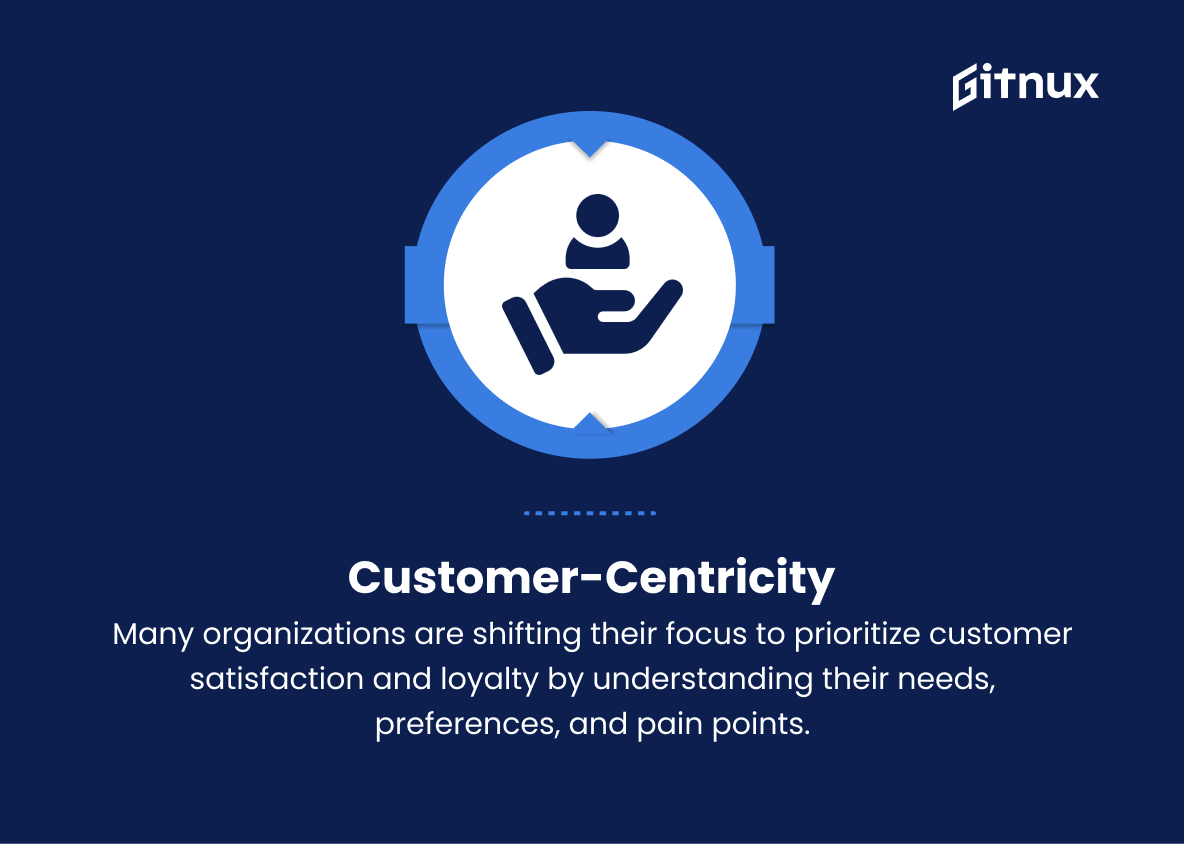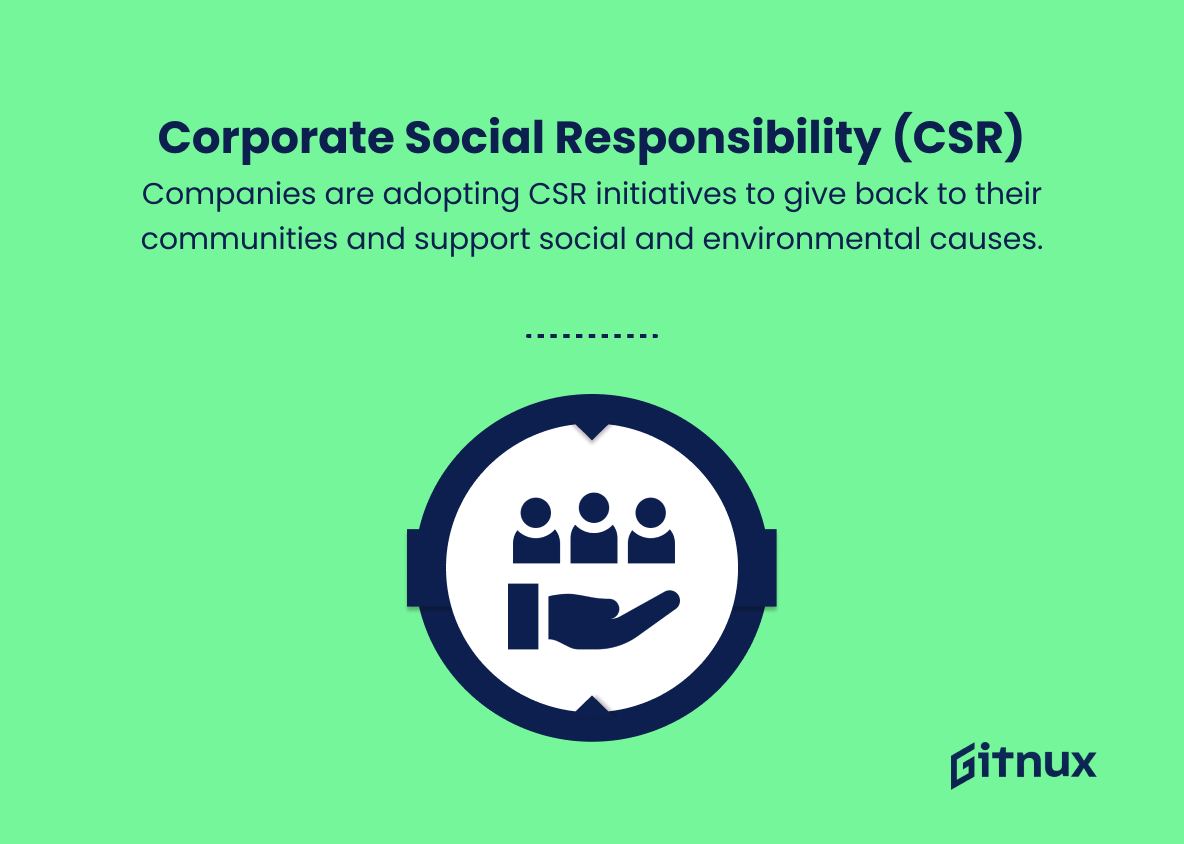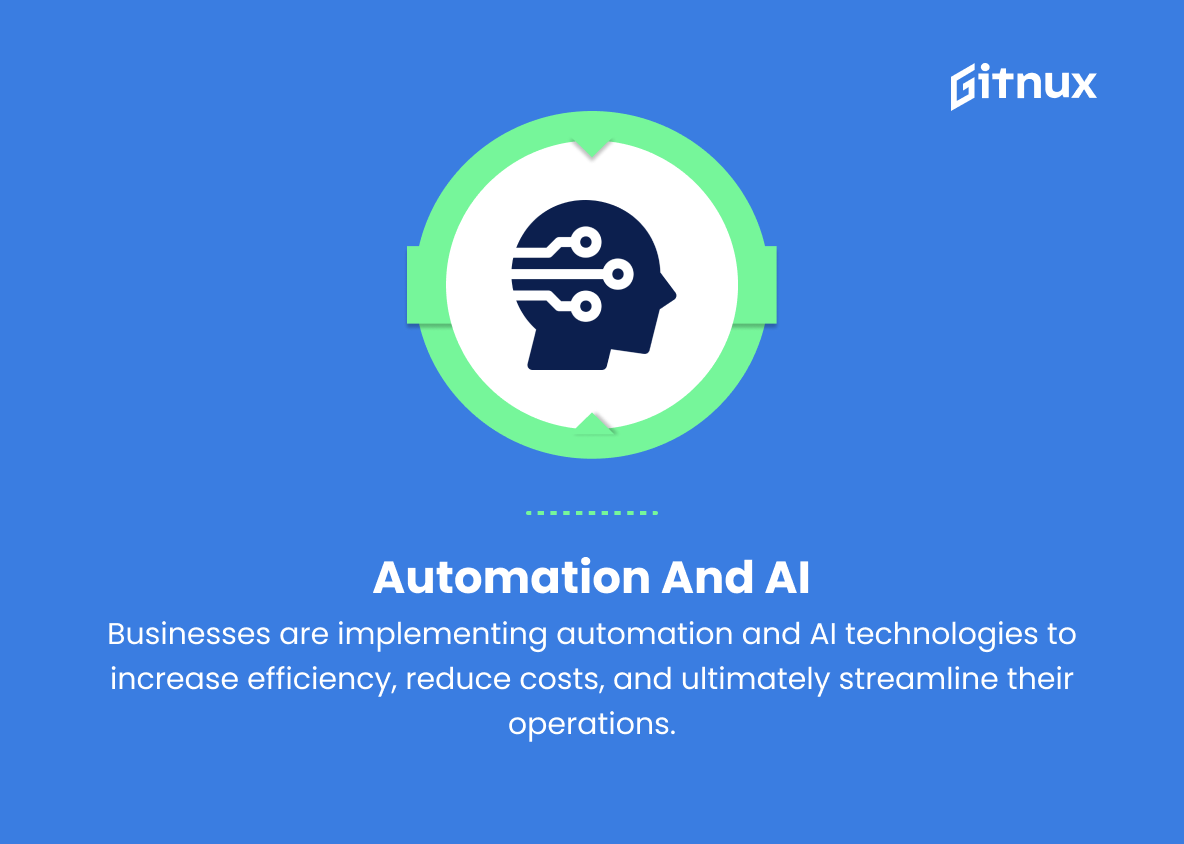In today’s rapidly changing business landscape, staying informed about the latest management trends is crucial for any organization’s success. This comprehensive blog post delves into current management trends, exploring the driving forces behind these shifts, and offering valuable insights for leaders looking to thrive in an ever-evolving environment.
From embracing remote work and focusing on employee wellbeing to harnessing the power of data-driven decision making and prioritizing corporate social responsibility, we will dissect and analyze the strategies that are transforming the way companies operate and thrive in the 21st century. Join us as we navigate the complexities of the modern workplace and uncover the secrets to achieving a competitive edge in today’s dynamic market.
Top Current Management Trends
1. Remote and flexible work
With advancements in technology, more companies are embracing remote work arrangements to accommodate employees’ lifestyles and to tap into new talent pools. This trend includes flexible work hours that allow employees to balance work and personal commitments.
2. Environmental, Social, and Governance (ESG)
Companies are now more focused on incorporating ESG factors into their management practices, making businesses more ethical, sustainable, and responsible corporate citizens.
3. Data-driven decision-making
Companies are leveraging big data, analytics, and artificial intelligence to make more informed decisions and optimize their operations.
4. Agile management
Agile methodologies, initially used in software development, are now being adopted across various industries to increase innovation, collaboration, and responsiveness to change.
5. Employee well-being and mental health
Maintaining a positive working environment that prioritizes employees’ physical, mental, and emotional well-being is a growing trend. Companies are investing in wellness programs and mental health resources.
6. Diversity, equity, and inclusion (DEI)
Companies are increasingly integrating DEI strategies into their management practices to promote equal opportunities, representation, and respect for all employees.
7. Continuous learning and upskilling
Organizations are encouraging employees to engage in lifelong learning and skill development. This includes providing access to resources, training programs, and mentorships that help employees stay competitive in the evolving job market.
8. Focus on purpose and values
Companies are placing a greater emphasis on aligning their missions, values, and internal practices to create a more purpose-driven work culture.
9. Digital transformation
Businesses are undergoing digital transformations to modernize their operations and leverage new technologies such as automation, IoT, and cloud computing.
10. Gig economy and freelancing
Many organizations are turning to a more flexible workforce, including freelancers and gig workers, to meet their business needs and adapt to changing market conditions.
11. Collaborative leadership
Traditional top-down management is being replaced by more democratic and collaborative leadership styles. This approach encourages open communication, shared decision-making, and teamwork.
12. Radical transparency
Companies are prioritizing transparency in their internal practices and decision-making, sharing information with employees and stakeholders, which increases trust and accountability.
13. Customer-centricity
Many organizations are shifting their focus to prioritize customer satisfaction and loyalty by understanding their needs, preferences, and pain points.
14. Corporate social responsibility (CSR)
Companies are adopting CSR initiatives to give back to their communities and support social and environmental causes.
15. Automation and AI
Businesses are implementing automation and AI technologies to increase efficiency, reduce costs, and ultimately streamline their operations.
Implications
As a futurist, I predict that these prevailing management trends will have a transformative impact on both the workplace and society as a whole. Remote and flexible work will likely foster global talent pools and enhance work-life balance, while promoting digital transformation and a rapid adoption of advanced technologies. The increasing focus on ESG, DEI and CSR will contribute to a more ethical, environmentally conscious, and inclusive corporate environment, in turn nurturing a sense of purpose and shared values across organizations.
This evolution will be supported by agile management principles, collaborative leadership, radical transparency, and a customer-centric approach – factors that together cultivate innovation, critical decision-making and stakeholder trust. Businesses investing in employee well-being, mental health and continuous learning will create a more resilient, adaptable, and motivated workforce, enabling them to better respond to the dynamically changing business landscape.
The rise of the gig economy and freelancing will further accelerate the need for organizations to adapt to fluctuating market conditions, while the integration of automation and AI into core business operations will help revolutionize efficiency and productivity. Overall, these management trends signify a shift towards more sustainable, people-focused, and technologically forward-thinking business practices, shaping a new era for the organizational world.
Conclusion
In summary, current management trends reflect a dynamic and rapidly evolving corporate landscape that continues to adapt to new technologies, shifting workforce demographics, and the constant need for innovation. As organizations strive to remain competitive and relevant, they are increasingly embracing agile management approaches, empathetic leadership, data-driven decision-making, remote work and flexible operations, and a keen focus on learning, diversity, and inclusion.
By staying informed about these key trends and proactively implementing them within their workplaces, managers and leaders alike can contribute to building more responsive, resilient, and successful businesses in the increasingly complex and fast-paced world of tomorrow.
